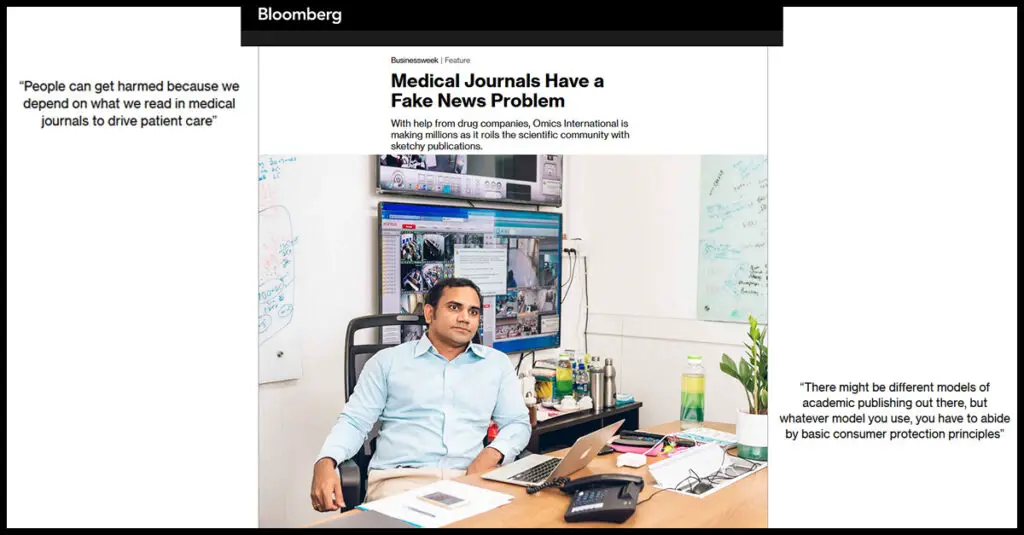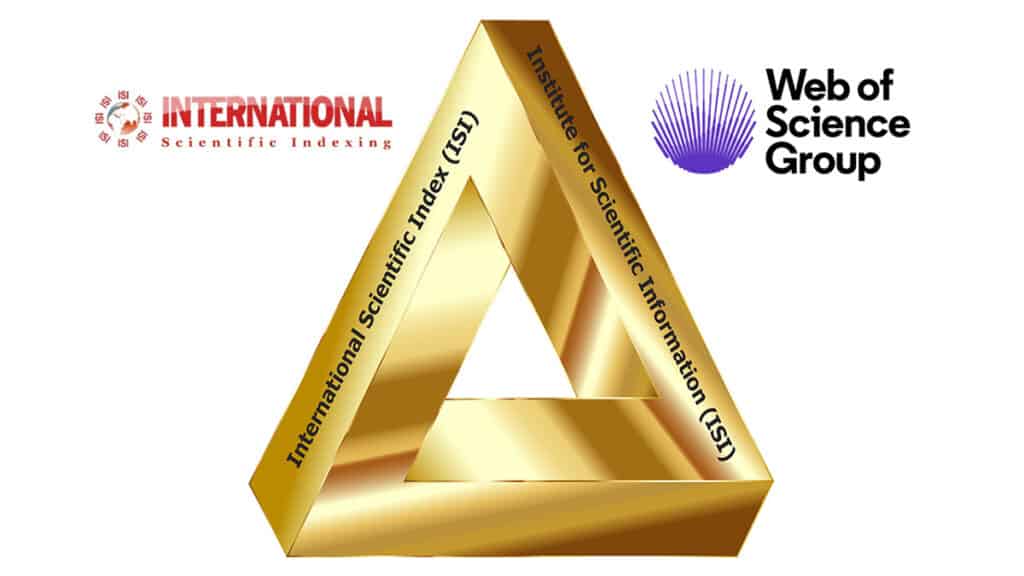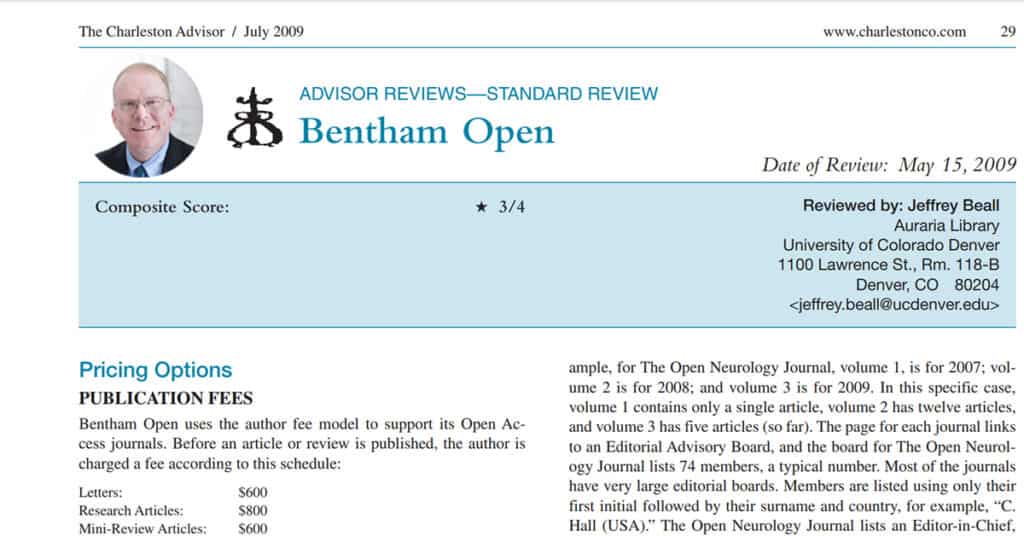This Bloomberg article from 2017 is well worth a read.
No, don’t just skip it, thinking why would I be interested in something from seven years ago? Give it a read.
Here are some of the things you’ll learn, but there is so much more.
- It’s tagline is “With help from drug companies, Omics International is making millions as it roils the scientific community with sketchy publications.“
Just take that in. Big Pharma were (are) publishing articles, which have undergone little, if any, peer review, to promote themselves and their products.
- This quote from the article is particularly interesting:
“Bloomberg Businessweek found that researchers at major pharmaceutical companies, including Astra Zeneca, Bristol-Myers Squibb, Gilead Sciences, and Merck Group, submit to OMICS journals and participate in their conferences. Pfizer, the biggest U.S. drugmaker, has published at least 23 articles since 2011, including two since the FTC’s lawsuit.“
- Another interesting quote is:
“In a meeting room at the company [OMICS], photographs taken at conferences, beginning in 2010, show the names of Novartis, Axis Clinicals, and Agilent as sponsors.“
- The article discusses Beall’s list, as well as stating that Beall thinks that about 25% of open access journals were predatory.
- Financial information about some of the large publishers are given, including their profit margins. Some of the publishers mentioned are Elsevier, Wiley and and PLOS.
- Several sting operations are described.
- Some of the early criticisms that were leveled at OMICS are given, which eventually led to a course case, which OMICS lost.
- The article says that emails sent by somebody in India has a correspondence address in the USA, which many would consider spammy and/or predatory.
Context
Of course, all the above (and the article itself) has to read in the context that it was written seven years ago and BEFORE the findings of the OMICS court case which found it guilty of being a predatory publisher.
It would be interesting to see though, if Big Pharma has published in #OMICS journals, and/or supported #OMICS, since the FTC announced their verdict. – allowing for time to “flush the system” of any papers that were in process at the time of the court case.
We also refer you to the Pfizer papers mentioned above, which suggests that they have – but a deeper dive would be interesting.
Tweet
This article is based on a previous tweet of yours, which you can see here.


